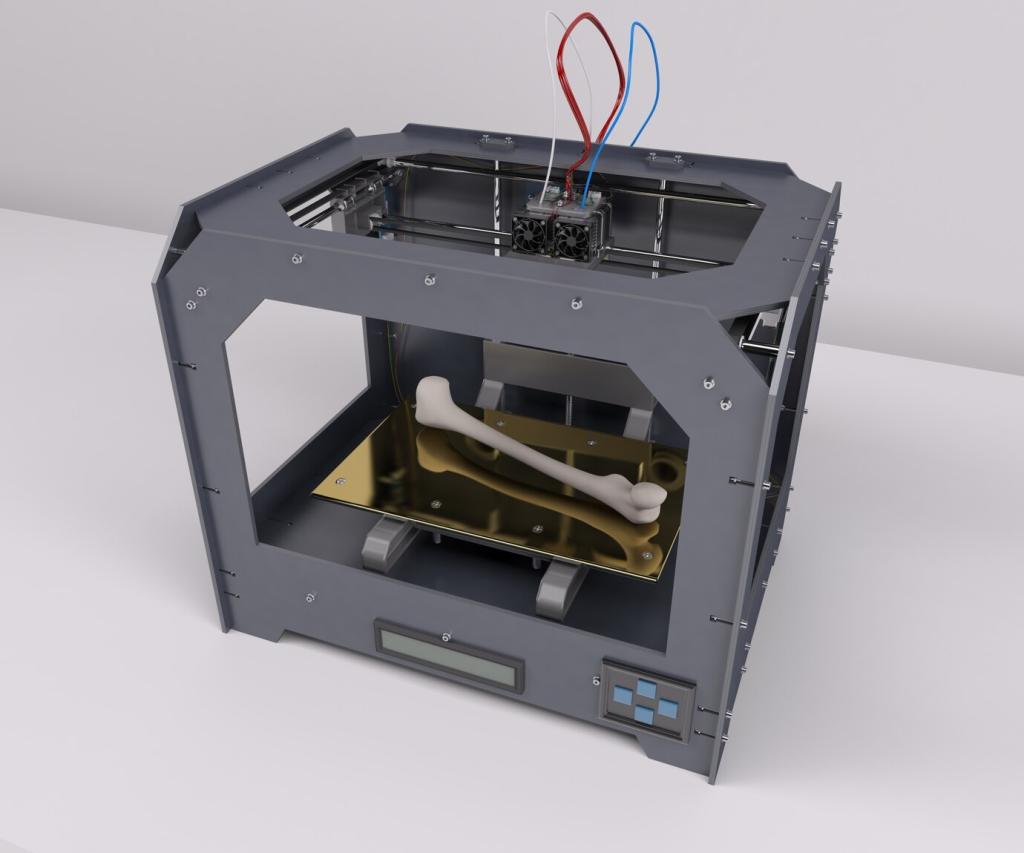Chosen theme: Gamification in Educational Platforms. Discover how purposeful game mechanics can spark curiosity, deepen mastery, and make progress visible. Stay with us, share your experiences, and subscribe for fresh, research-backed ideas every week.
Why Gamification Works for Real Learning
Grades signal outcomes, but game mechanics spotlight the path. Points, levels, and streaks celebrate consistent effort, nudging learners toward mastery rather than mere completion. Tell us: what keeps you moving when grades are not enough?

Core Mechanics You Can Implement Today
Tie points to practice quality, not just clicks. Use levels to unlock deeper challenges when readiness is demonstrated. Share your rubric-to-points mapping in the comments and inspire another educator’s first build.

Core Mechanics You Can Implement Today
Badges should signal specific competencies—like argument structure or data cleaning—not vague participation. Include criteria, evidence, and reflection prompts. If a badge cannot guide next steps, refine it. What badges would your learners value most?

Quest-Based Modules
Recast units as quests with missions, allies, and artifacts. Each mission maps to a specific competency, and artifacts capture evidence of learning. Comment with a unit you’d love to convert into a questline.
Characters, Avatars, and Identity
Let students create avatars tied to skill trees, not cosmetics alone. Identity evolves as competencies grow, reinforcing effort. Invite reflections written in-character to deepen empathy and transfer. What role would your learners choose?
Evidence and Case Stories
Instructors using game-like quizzing tools report higher attendance and faster feedback cycles. Short, spaced questions during lectures sustain attention and reveal misconceptions early. Have you tried this? Tell us what changed in your sessions.
Evidence and Case Stories
Daily streaks can encourage habit formation when paired with flexible forgiveness, like streak freezes. Nudges should invite, not shame. What reminder tone resonates with your learners—playful, practical, or purpose-driven?
Ethics, Safety, and Sustainable Engagement
No endless loot boxes, deceptive countdowns, or punishment for breaks. Make rewards predictable, informative, and optional. Comment with a practice you’ve removed to foster healthier engagement.
Ethics, Safety, and Sustainable Engagement
Explain what data powers recommendations and let learners adjust it. Provide clear opt-outs and export options. Transparency builds trust—trust sustains participation. Subscribe for our starter policy template and checklist.


Choose primary metrics—like concept mastery or practice frequency—before choosing mechanics. Align dashboards with these goals to avoid vanity numbers. Share your top metric so peers can offer constructive feedback.
